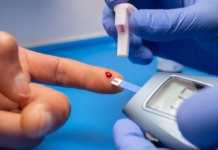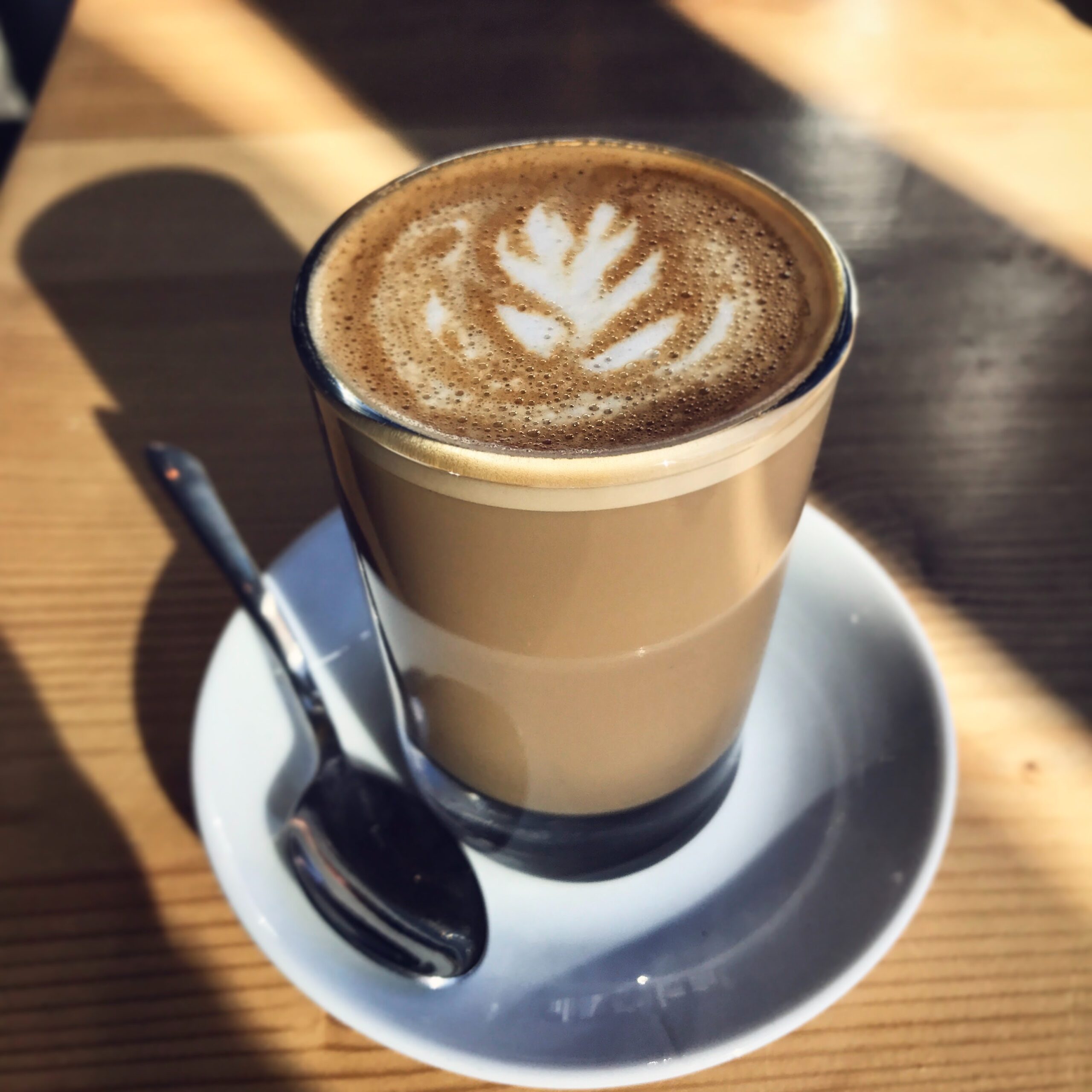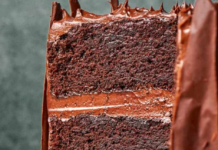Many of us rely on coffee to kick-start our mornings or power through the afternoon slump. But if you’re managing your blood sugar levels, you might wonder how coffee impacts glucose control. The relationship between coffee and blood sugar is complex—while coffee has potential benefits, it can also have some drawbacks. Let’s dive into how coffee affects blood sugar and what you need to know.
The Good: Potential Benefits of Coffee on Blood Sugar
1. May Improve Insulin Sensitivity
Several studies suggest that regular coffee consumption may improve insulin sensitivity over time. This means your body can use insulin more effectively, helping regulate blood sugar levels. Some research even links coffee to a reduced risk of type 2 diabetes.
2. Rich in Antioxidants
Coffee contains powerful antioxidants, such as chlorogenic acid, which may help slow glucose absorption and reduce inflammation—two factors that play a role in blood sugar management.
3. May Support Metabolism
Caffeine can slightly boost metabolism and promote fat burning, which may contribute to better blood sugar control in some people, especially when combined with a healthy diet and exercise.
The Bad: Potential Downsides of Coffee on Blood Sugar
1. Can Cause Temporary Blood Sugar Spikes
While coffee may help long-term insulin sensitivity, caffeine itself can temporarily raise blood sugar levels. Caffeine stimulates the release of adrenaline, which can lead to a short-term increase in glucose production. This effect may be more pronounced in people with diabetes or insulin resistance.
2. Affects Individual Responses Differently
Not everyone reacts to coffee the same way. Some people experience stable blood sugar, while others notice spikes. Factors like genetics, tolerance to caffeine, and overall health play a role in how coffee affects glucose levels.
3. Additives Can Make It Worse
Black coffee is low in calories and carbs, but once you start adding sugar, flavored syrups, and creamers, it can lead to significant blood sugar spikes. Some popular coffee drinks contain as much sugar as a soda!
Tips for Drinking Coffee While Managing Blood Sugar
If you love coffee but want to keep your blood sugar levels stable, here are a few tips:
✅ Opt for black coffee or use a small amount of unsweetened almond milk or heavy cream.
✅ Avoid sugary syrups, flavored creamers, and excessive sweeteners.
✅ Monitor your blood sugar before and after drinking coffee to see how it affects you personally.
✅ Drink coffee with food to help slow down glucose absorption.
✅ Consider decaf if you notice caffeine causing blood sugar spikes.
Final Thoughts
Coffee affects blood sugar differently for everyone. While it may offer some benefits, such as improved insulin sensitivity and antioxidant properties, it can also cause temporary blood sugar spikes, especially in those sensitive to caffeine. The key is to monitor your own response and make adjustments as needed.
If you have diabetes or insulin resistance, it’s always a good idea to talk to your healthcare provider about how coffee fits into your diet.
Do you notice changes in your blood sugar after drinking coffee? Let me know in the comments!
























